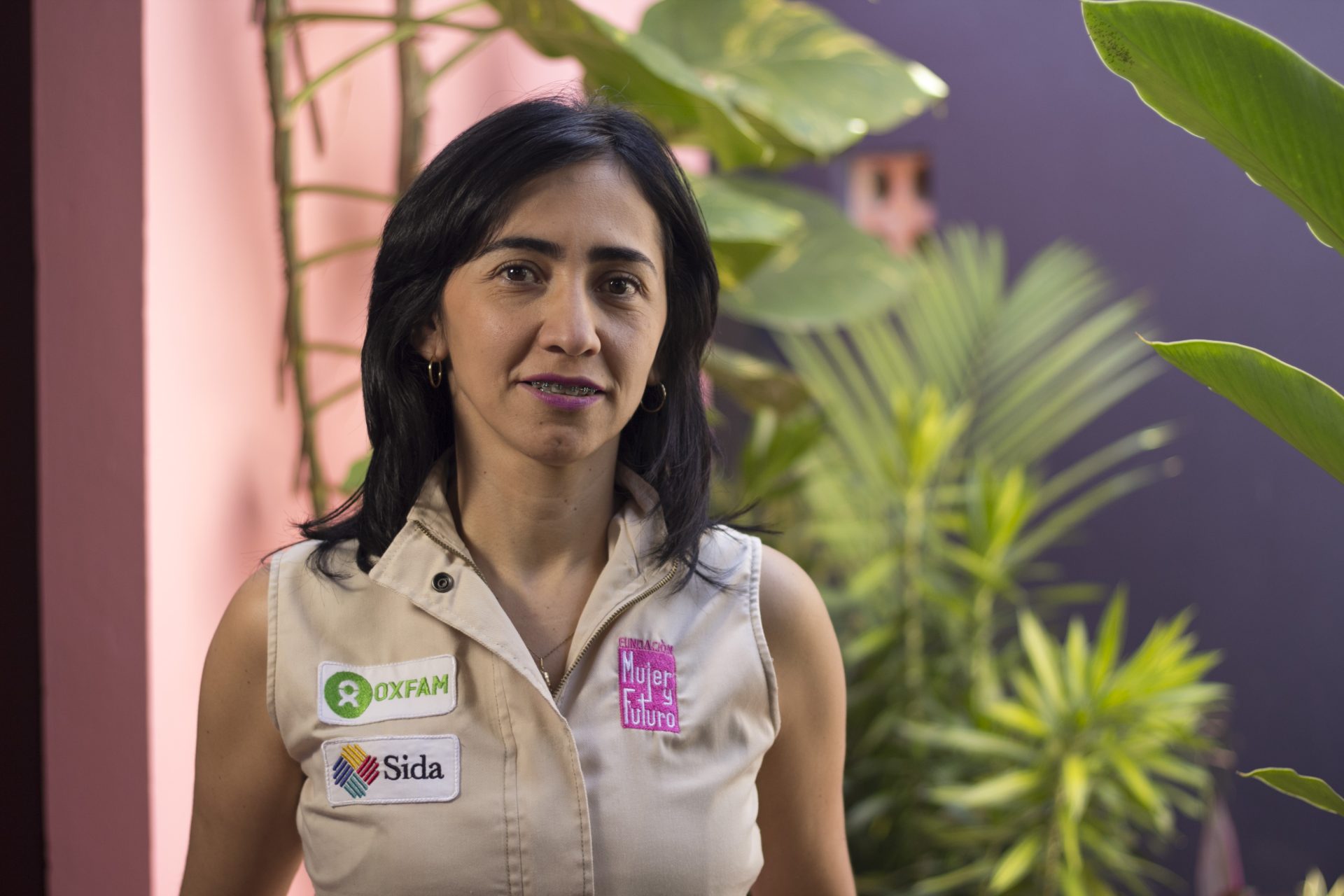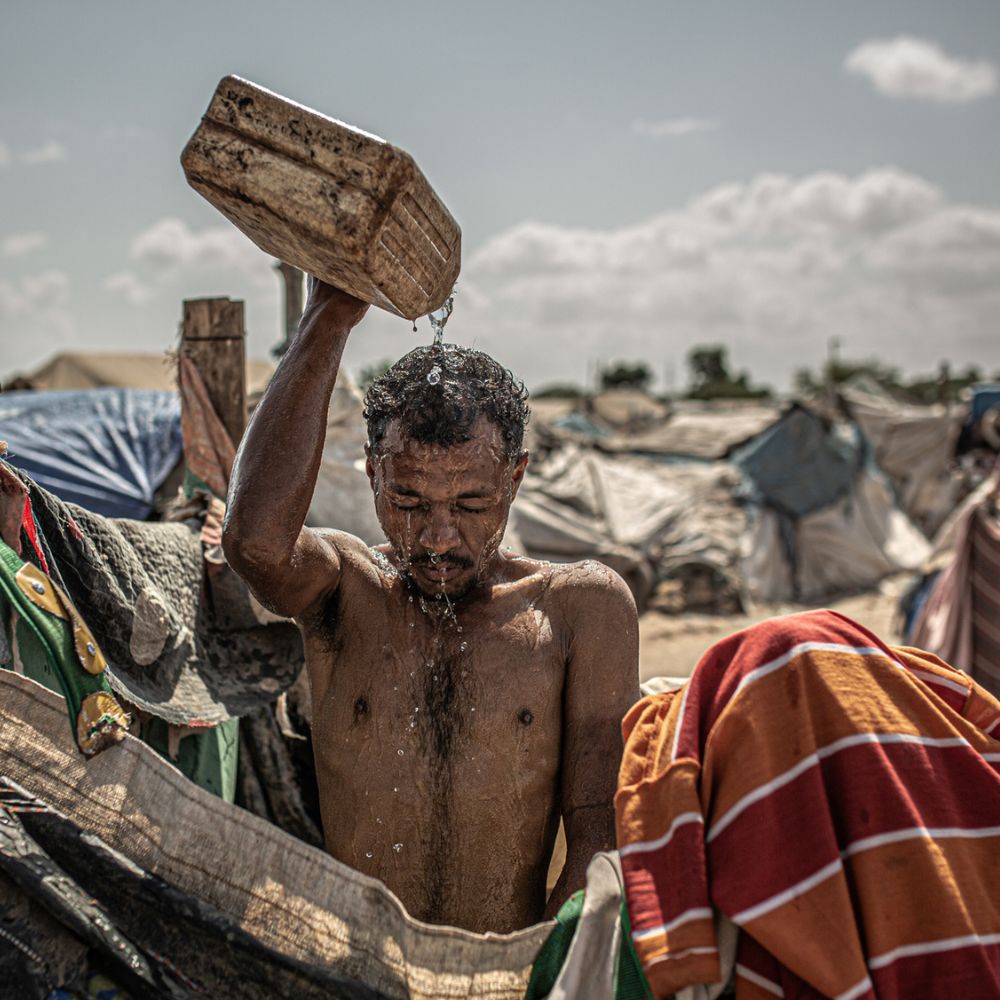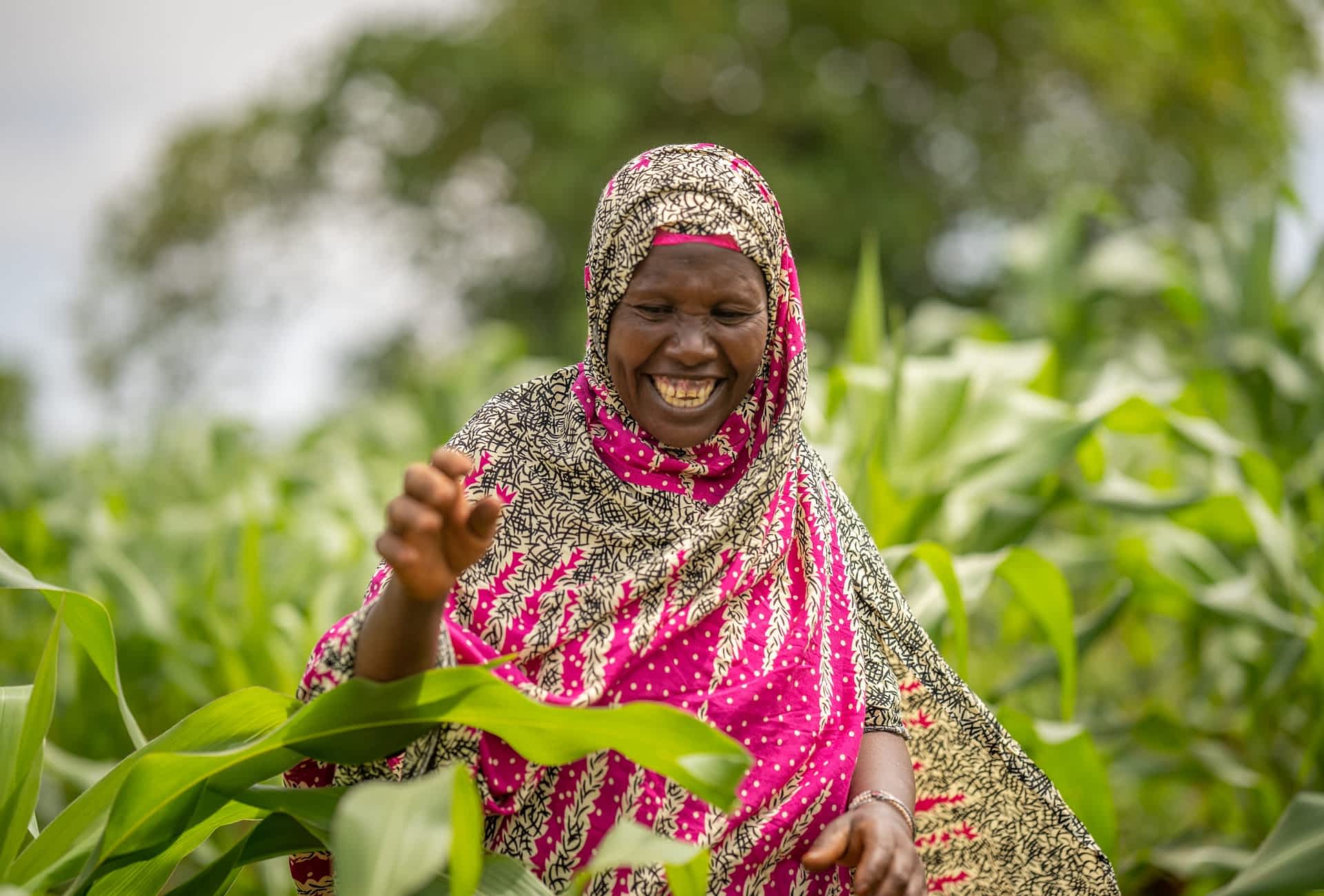Support Mechanism for Indigenous People
Guatemala is one of the most unequal countries in the world in terms of health, education and income distribution. The cultural diversity of the country is high with 25 languages spoken in its territory.
Guatemala’s social and economic situation today continues to be characterized by poverty, racism, exclusion, violence and impunity. This situation is partly founded in a weak state structure which possesses few resources from a low revenue.

Photo: Oxfam Danmark
The project
The project aims to strengthen the exercise of the Individual and Collective Rights of Indigenous Peoples in Guatemala. This is expected to contribute to the self-determination of indigenous peoples and to enhance the awareness and implementation of legal and institutional frameworks.
Through grants provided to Indigenous Peoples’ organisations, we enable their improved access to justice to promote and defend their individual and collective rights. Indigenous women in particular are enabled to strengthen their participation in decision-making spaces and access justice in the ordinary legal system and in indigenous peoples’ own systems, which is often a challenge due to exclusion and discrimination.
The project additionally develops the capacity of women and young people to know their rights and provides them with the skills to be active members of their communities, fostering a more inclusive society where women and young people have opportunities for economic development. We build on the encouraging results of the previous phase (2015-2019) where 31 projects were supported.
Many of the projects focused on the participation of indigenous women in decision making practices, promoting their rights and introducing prevention practices for violence against women. More broadly, 620 indigenous communities and more than 2300 indigenous leaders benefitted from the activities.
In addition to managing the fund, Oxfam’s role is to provide the necessary technical and political support to the local organizations, supporting their communication strategies and providing capacity development.

